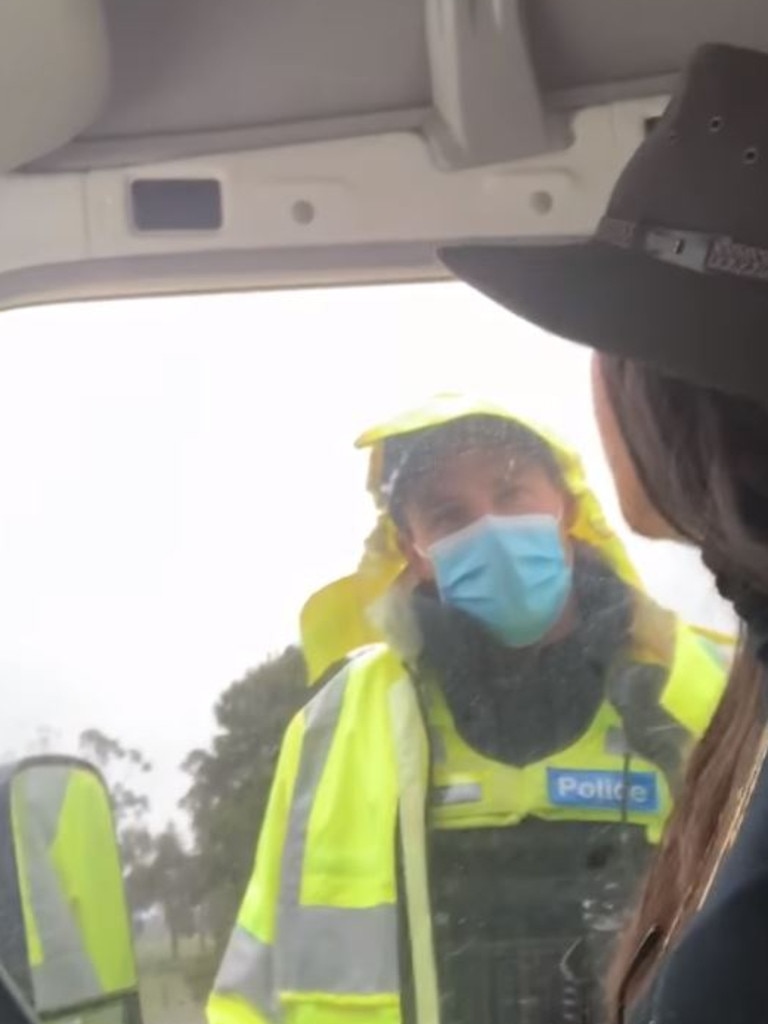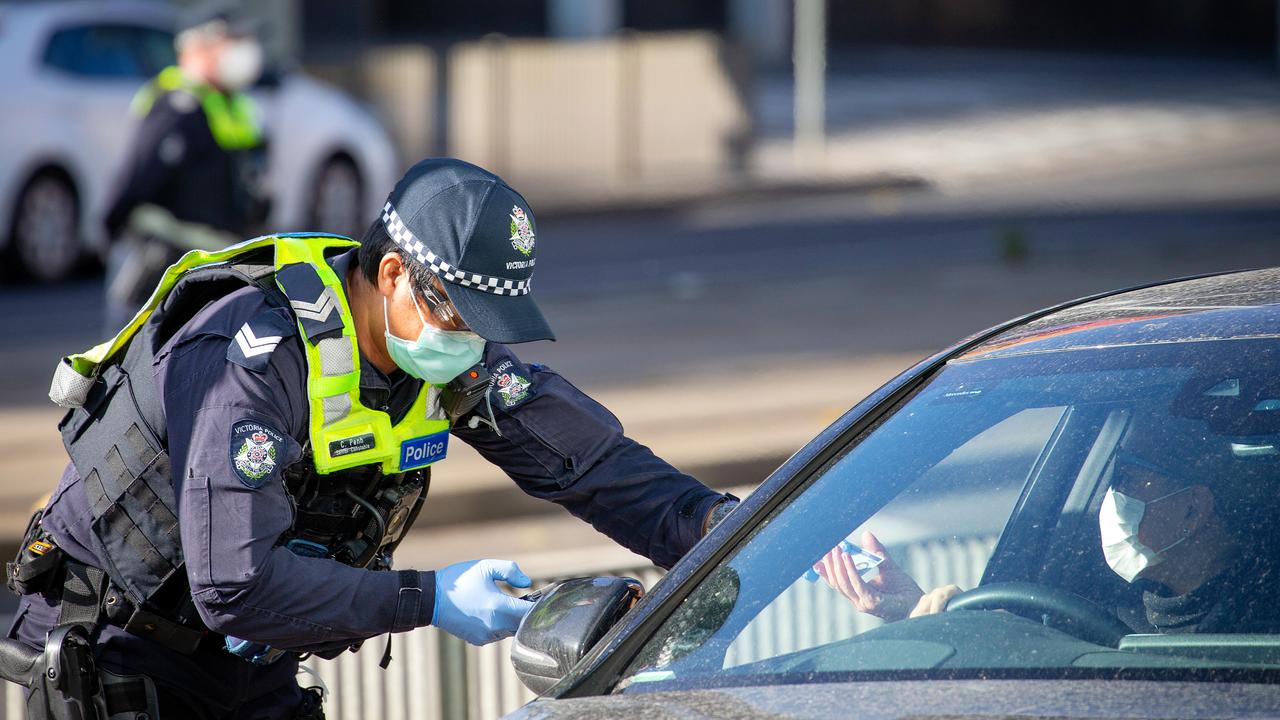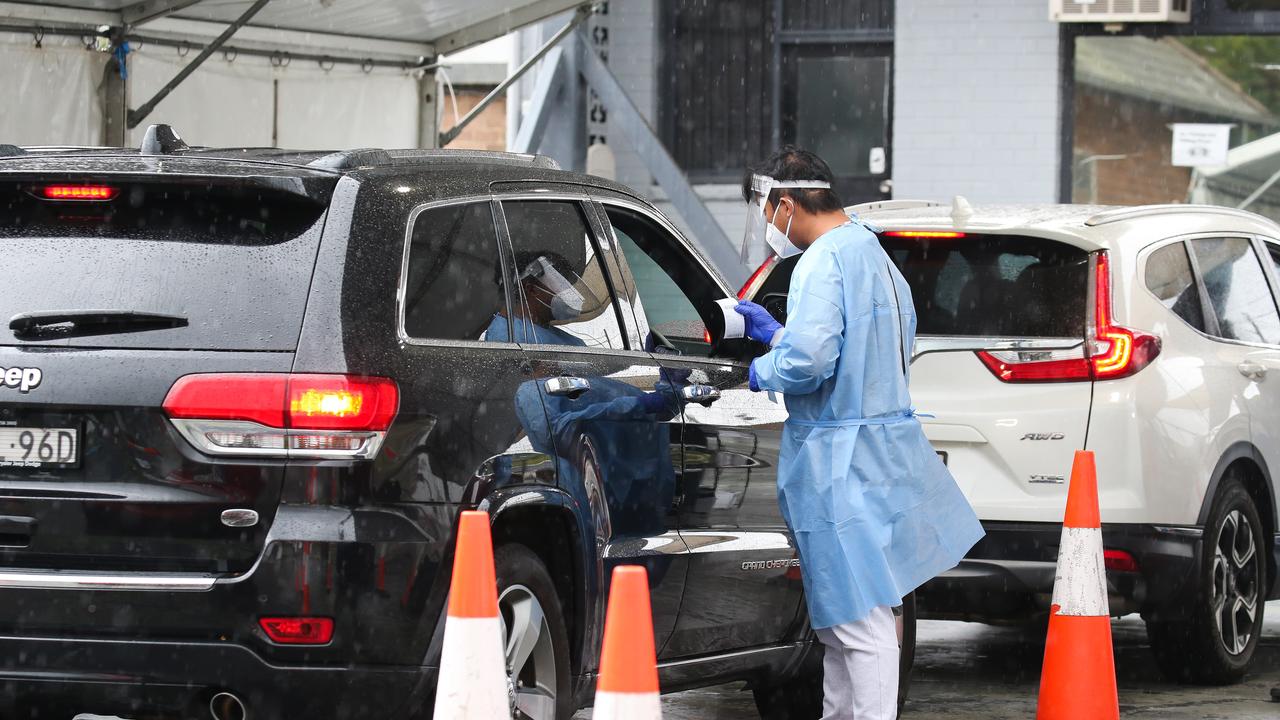Why Aussies can’t stop breaking coronavirus rules
Hundreds of Aussies are breaking virus rules every day, despite disturbing levels of infection and death. What on earth is wrong with us?

Sometimes it feels like Australia is taking one step forward and two steps back when it comes to the coronavirus pandemic.
While our leaders continually tell us we’re doing a good job, there appears to be a frustrating number of people who either don’t listen or don’t care about breaking the rules designed to keep us safe.
To give a snapshot, in just five days this week, police in Victoria handed out a total of 860 fines to people breaking coronavirus restrictions.
The stories and excuses given to officers grow more elaborate by the day – from two women holding a Russian politics protest in Melbourn e to a man in Maroondah telling police he was out at 3.40am to feed his uncle’s horses.
Given the gravity of the situation in Victoria, it seems incomprehensible that 860 people would break the rules in five days.
And, when you think that it only takes one person to create a so-called “super-spreading” event like the NSW Crossroads Hotel cluster in Casula, southwest Sydney, that figure should surely be cause for concern.
You would have to have been well and truly living under a rock not to know about the pandemic, so ignorance is no longer an excuse.
So what is it about Australians that is driving us to wilfully break the rules such a wide scale?
Professor Liam Smith, the director of Monash University’s BehaviourWorks Australia and one of Australia’s leading authorities on behaviour change, told news.com.au that figures like these get people “angry and fired-up”, but they have to be put into perspective.
He told news.com.au that Australians have been asked to change their behaviour in a way that has never been done before.
“Such a dramatic change in behaviour for so many people in such a short space of time has never been seen before in our history,” he said. “We’ll look back in 2020 and think ‘oh my god’ there were such incredible changes in our behaviour.
“Now, it’s obviously bad that we’ve see a few hundred people break the rules and we need to bring those numbers down, but in the grand scheme of things, what we’ve seen happen is incredible.”
Prof Smith says there is a complex range of reasons why we might break the rules.
There could be economic or social reasons, we might not respect the law or feel the risk of detection and punishment if caught is significant or we may feel the benefits would be worth it even if we were caught.


He believes those “traditional” motives for non-compliance would explain the vast majority of rule breaches in Australia.
“The difficult thing with this virus is that we need everyone to do the right thing, and these rules, especially in Victoria where they are tougher, are providing people with lots of new opportunities to break the law,” he said. “A big driver of non-compliance is impulsivity and that’s something that varies from person-to-person.
“It makes a situation like this very hard to police because everyone has an opportunity to break the law on a daily basis and everyone has a differing level of impulsivity.”
But despite how they appear at first glance, Prof Smith said the Victoria Police statistics from this week actually show the vast majority of people were doing the right thing.
“You have to put this in context of 5 million Victorians, so 99.9 per cent are following the rules,” he said.
And he believes this says a lot about Australians.
“Despite our reputation for larrikinism and free-spirit, we’re actually very compliant when it comes to rules,” he said. “We were the first country to have seatbelts and the whole world followed, our smoking laws are the toughest of any nation, we’re often the ones doing the new things, and it’s all because we accept these rules.

“When you look at Europe, several nations have much laxer rules and more cases. So, despite our free spirit identity we actually like rules.”
He added that the naming and shaming of rule breakers in the media and reports on the number of fines being issued may lead to a perception that compliance rates are lower than they are.
However, media stories about “egregious violations” of the rules like anti-maskers attacking police or driving through checkpoints may also have an important role in driving compliance.
“It gets us angry and fired up and we all become citizen cops,” he said. “So it creates outrage in a positive sense because it promotes some vigilantism and community policing is a powerful deterrent leading to greater and greater compliance.”
Another powerful tool to get people to follow the rules is what Mr Smith calls the re-enforcement of “positive norms” – which means showing people the good work they are doing.
An example he gave was when Daniel Andrews tweeted a picture of Melbourne’s empty streets on Tuesday alongside a simple message saying “thank you”.
Thank you. pic.twitter.com/A2RkFxE9ks
— Dan Andrews (@DanielAndrewsMP) August 4, 2020
“Unconsciously that says that everyone is doing the right thing and I should too,” Mr Smith said. “It means our perception of what people are doing can lead to that positive thing.”




